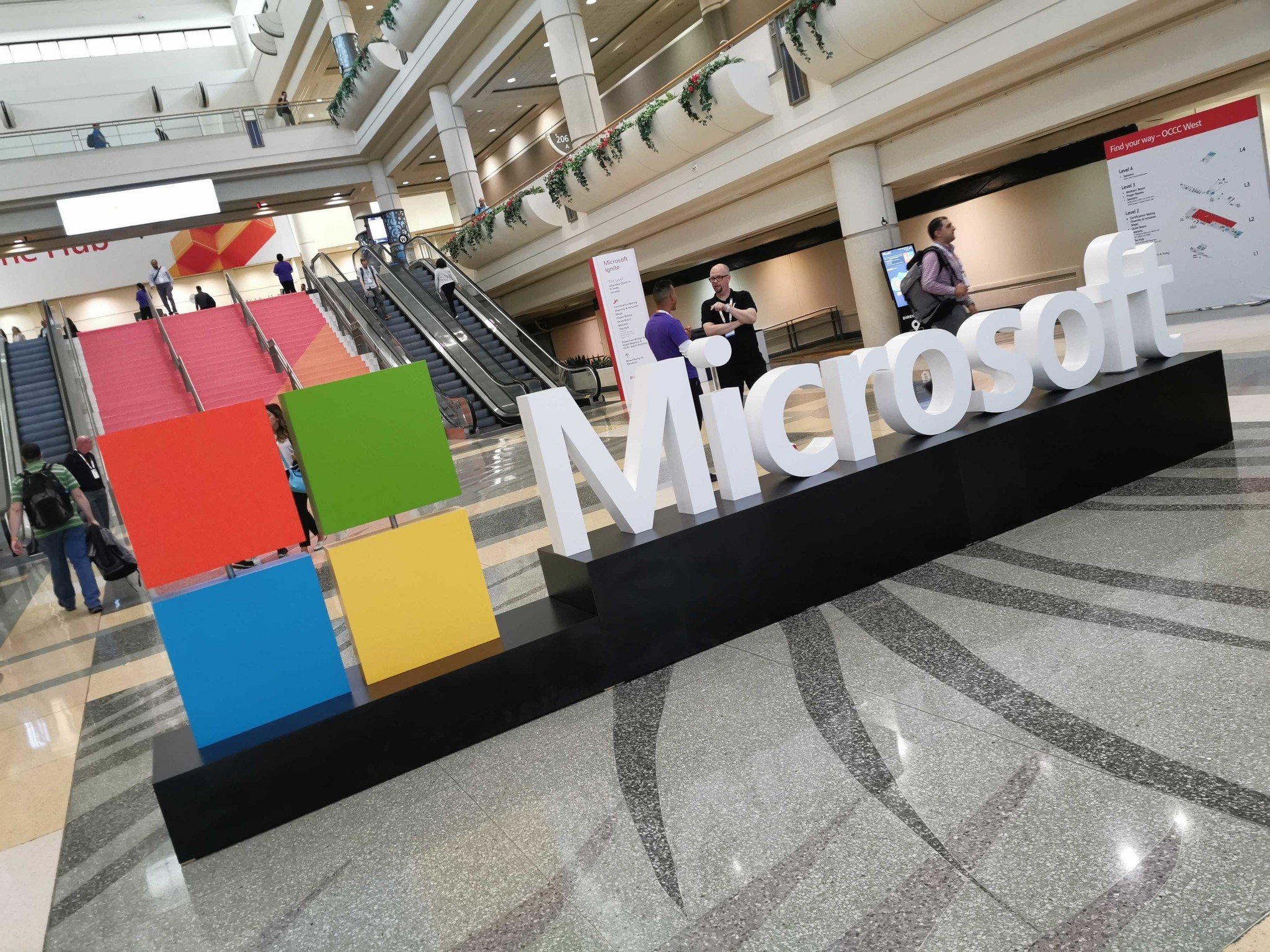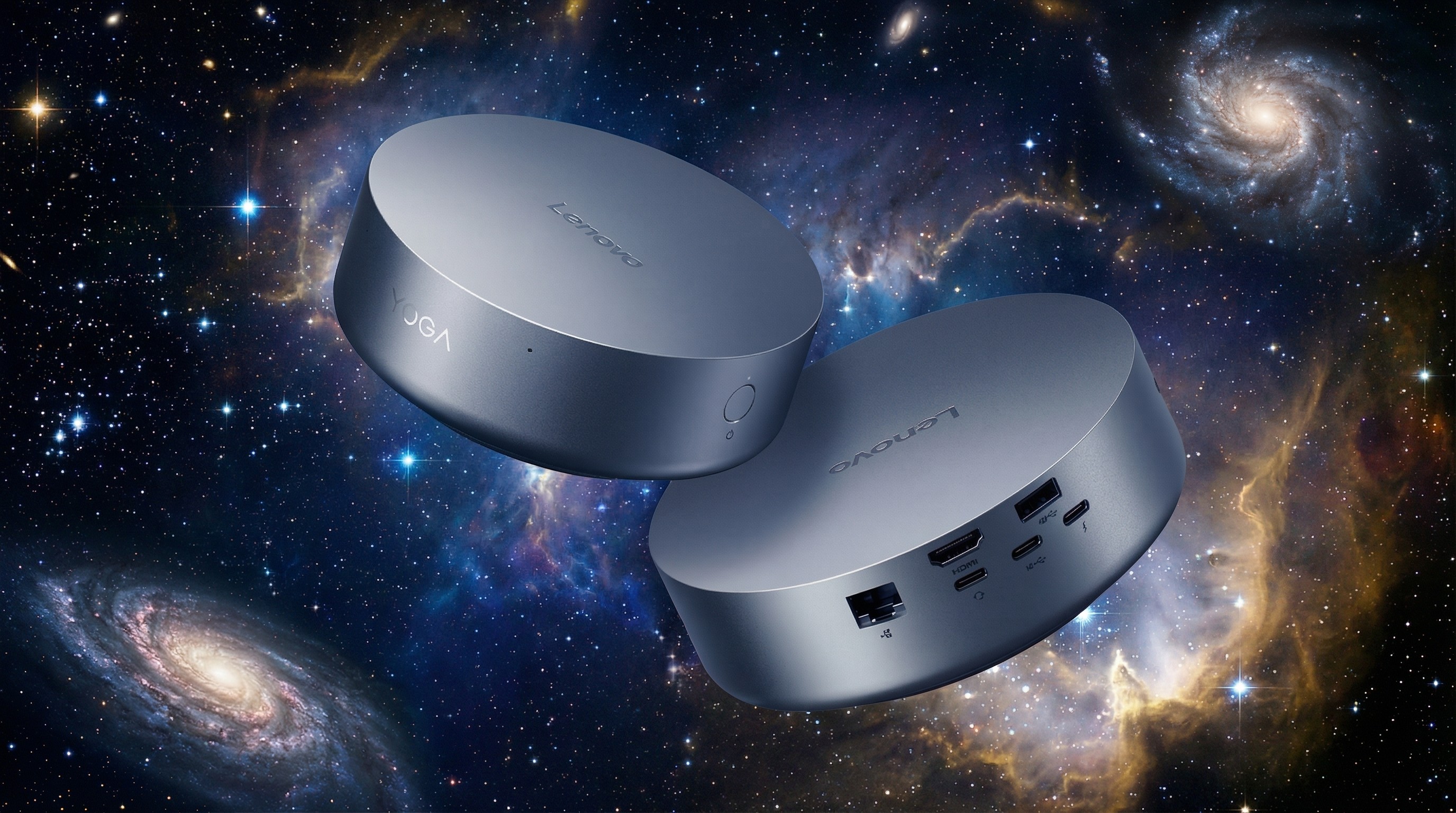Microsoft jabs at Apple with 'app store principles to promote choice'
Microsoft's recently outlined principles come at a time when app stores are being heavily criticized.

What you need to know
- Microsoft shared a list of 'ten principles to promote choice' for developers.
- The list outlines ways that Microsoft gives developers options for distributing games and apps.
- The post does not mention Apple or Google specifically but is potentially referencing the companies.
Microsoft published a list of ten principles that it will use to guide decisions regarding developers and app distribution. In a blog post titled "10 app store principles to promote choice, fairness and innovation," Microsoft outlines how it ensures that Windows 10 is an open platform. The blog post from Microsoft does not directly mention Apple, Google, or ongoing antitrust investigations involving those companies, though it is potentially related to recent events.
Here is the full list of principles outlined by Microsoft:
- Developers will have the freedom to choose whether to distribute their apps for Windows through our app store. We will not block competing app stores on Windows.
- We will not block an app from Windows based on a developer's business model or how it delivers content and services, including whether content is installed on a device or streamed from the cloud.
- We will not block an app from Windows based on a developer's choice of which payment system to use for processing purchases made in its app.
- We will give developers timely access to information about the interoperability interfaces we use on Windows, as set forth in our Interoperability Principles.
- Every developer will have access to our app store as long as it meets objective standards and requirements, including those for security, privacy, quality, content and digital safety.
- Our app store will charge reasonable fees that reflect the competition we face from other app stores on Windows and will not force a developer to sell within its app anything it doesn't want to sell.
- Our app store will not prevent developers from communicating directly with their users through their apps for legitimate business purposes.
- Our app store will hold our own apps to the same standards to which it holds competing apps.
- Microsoft will not use any non-public information or data from its app store about a developer's app to compete with it.
- Our app store will be transparent about its rules and policies and opportunities for promotion and marketing, apply these consistently and objectively, provide notice of changes and make available a fair process to resolve disputes.
These principles aren't new stances. Microsoft has allowed developers to distribute apps and games how they'd like for years. Steam and Epic are already available on Windows 10, and it's clear that won't change. While the Microsoft Store is one distribution option for developers, it isn't the only option. Some would argue that the Microsoft Store isn't even the preferred option on Windows 10.
Toward the end of the blog post, Microsoft addresses that it operates on a different set of rules when it comes to the Xbox platform. Xbox consoles are not open like Windows PCs. Microsoft states that its different approach to Xbox consoles is because of a different business model between PCs and consoles.
Game consoles are specialized devices optimized for a particular use. Though well-loved by their fans, they are vastly outnumbered in the marketplace by PCs and phones. And the business model for game consoles is very different to the ecosystem around PCs or phones. Console makers such as Microsoft invest significantly in developing dedicated console hardware but sell them below cost or at very low margins to create a market that game developers and publishers can benefit from. Given these fundamental differences in the significance of the platform and the business model, we have more work to do to establish the right set of principles for game consoles.
Tim Sweeney, CEO and founder of Epic stated in response to Microsoft's principles, "It's wonderful to see Microsoft formally codify its long-held principles in Windows as an open platform and fair market for all developers and consumers."
The Epic Games Newsroom Twitter account also shared its thoughts on Microsoft's principles, stating, "Microsoft supports choice, competition and fairness on Windows. This is the freedom consumers and developers want and it's the future of app stores."
All the latest news, reviews, and guides for Windows and Xbox diehards.

Sean Endicott is a news writer and apps editor for Windows Central with 11+ years of experience. A Nottingham Trent journalism graduate, Sean has covered the industry’s arc from the Lumia era to the launch of Windows 11 and generative AI. Having started at Thrifter, he uses his expertise in price tracking to help readers find genuine hardware value.
Beyond tech news, Sean is a UK sports media pioneer. In 2017, he became one of the first to stream via smartphone and is an expert in AP Capture systems. A tech-forward coach, he was named 2024 BAFA Youth Coach of the Year. He is focused on using technology—from AI to Clipchamp—to gain a practical edge.
